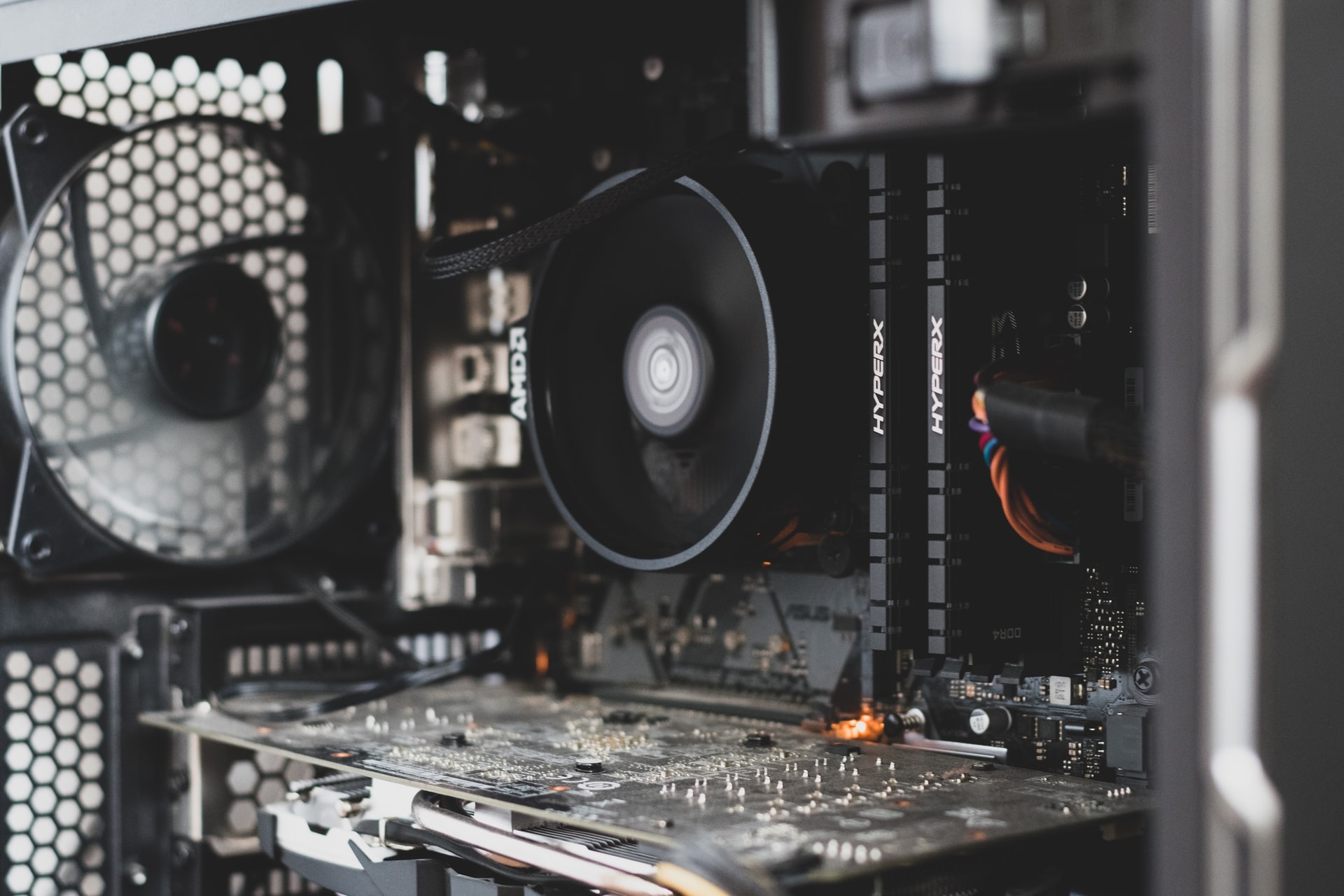Having a loud computer can be annoying for several reasons. Whether you are trying to get some work done, hoping to socialize online, binge watch your favorite series, or run a movie marathon, having a noisy computer can be very disturbing. To fix this issue, we are here to tell you how you can reduce the noise generated by your computer.

Determine Whether The Issue Is Internal
Usually, the reasons behind the noise generated by your computer would be the hard disk and the fans. The hard disk retrieves data by spinning its platters that can generate noise as they spin. The graphics card, processor, and motherboard in a computer produce heat which the fans work on eliminating. Fans can make noise if they are not powerful, too small, or have become loose. If the reason behind the noise is internal, or a result of the fans or the hard disks, then it is suggested that you take immediate action.
The computer repair in Douglasville, GA can lend you a hand in this regard. They can take a look at the internal components of your computer and determine the cause of the noise. Once they have identified the problem, they will provide you with an appropriate solution to fix it.
External Noise Factors
A loud computer does not always indicate a crucial issue. Any loose components, either internally or at the computer’s frame can vibrate and make noise. If your keyboard is worn out, it can also make more noise than usual. Keyboards are typically noisy, and the typing sounds can be distracting. A quiet keyboard that is useful for both gaming and work can be a quick fix for this issue. If your computer is not necessarily new, then it may have acquired a lot of dust or lint which would possibly block the fans thus creating noise.
Blocking the Noise
The easiest fix to the loud noise produced by your computer would be to block the noise. If your computer is missing its rubber feet, it would vibrate more and result in more noise. Get rubber feet replacements and place your computer on a flat surface, or place the computer on soft surfaces or a carpet. Your computer is also more susceptible to overheating when the room is hot. There are cooling pads that are made to cool your computer down, reducing some of the noise and vibrations.
Taking Further Action
If the previous step didn’t fix your problem, then you need to follow through with a more detailed procedure. You need to remove the back of your computer and carefully examine its interior. Look for any loose compartments or screws and tighten them. You should replace any worn out or missing gaskets or grommets. Use a soft brush to remove the dust off the internal computer pieces. You can also use a can of compressed air to help remove the dust more effectively. However, be careful not to blow it directly on the fans because it can ruin them. Installing dust filters can also be very useful. They will ensure that your intake fans let very little amounts of dust through your case. You should consider upgrading to an SSD, or a solid-state driver if the problem is coming from the hard disk. It is important that you move your data so that you don’t lose it if the hard disk totally fails.
A Deeper Solution
If none of the previous solutions work, then you have a more serious problem. Replace your fans with one that has a lower decibel rating and moves more air. Before you buy it, you need to know the size of your current fans and buy the new ones in the same size so that they will fit. Though, your power supply might overheat.
This is because it might not be able to manage the functioning capacity and load that the new components will apply. Buying a new power supply with a fan to help it cool down would be a fix to this potential problem. Consider adding sound insulation to your computer. It will be an effective way to block any additional noises but may cause more heat and lead your fans to work harder; so you need to be careful.
Take It To a Professional
If your computer is still relatively loud, then you should take it to a professional. Dabbling any further may be counterproductive and may cause further damage to your computer. The professional will be able to diagnose your problem and handle it professionally.
If your computer generates noise, it is a sign that there is something wrong. Whether it is a minor or a major issue, it can be very frustrating. To be able to deal with the problem, you must first identify how serious it is. Luckily, our article provides steps that will help you deal with the smallest issues that call for quick fixes, to ones that require more complicated measures.